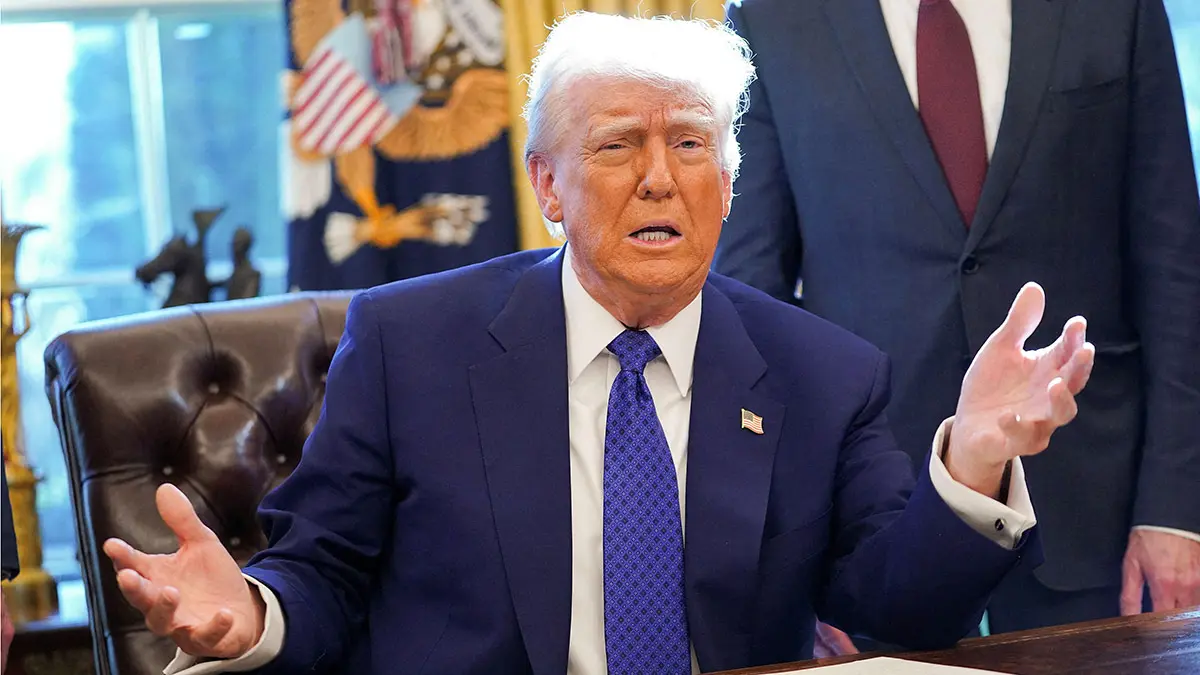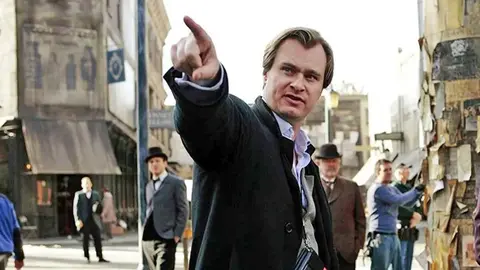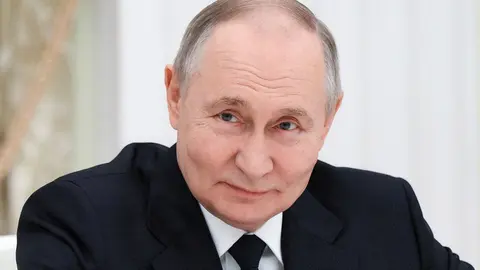A Nobel Prize for Trump

If, in addition, the person holding such an unofficial title spouts a torrent of surprising, if not extravagant, gestures and initiatives every hour, in the eyes of an international community that if it blinks is sure to miss something important, it is clear that he has elevated his fame far above any other public competitor on the world stage.
We are, of course, talking about the President of the United States, who combines the immense powers of his office with the traits of every public figure who leaves an eternal legacy for posterity. White House reporters, including David Alandete, named best Spanish correspondent by the International Press Club, say that Donald Trump aspires to be adorned with the trappings of a Nobel Prize, which would logically be the Peace Prize.
However, certain recent nominations for this award by the Oslo academics, including that of his predecessor in the White House, Democrat Barack H. Obama, have not been to the tycoon's liking, who has suggested to his army of advisers (he has almost as many as Pedro Sánchez) a less controversial and certainly more prestigious option: the Nobel Prize in Economics. His merits? They can be summed up in the global tariff system, with which Trump distributes rewards and punishments at his discretion. It is a flexible system that depends largely on his exclusive will to subjugate the most rebellious nations and leaders, or even countries and individuals that he does not consider, on a global scale, sufficiently enthusiastic in their applause for his person, life and works.
For the time being, US diplomacy is limiting itself to promoting his candidacy for the Nobel Peace Prize, based on a dossier that is growing daily with his successful mediation in multiple local conflicts. This Friday, Trump will in all likelihood take much of the credit for a peace agreement between the Caucasian republics of Azerbaijan and Armenia after the conflict over the Nagorno-Karabakh enclave was resolved in Baku's favour, for which he has summoned his top executives to the White House:Azerbaijani President Ilham Aliyev and Armenian Prime Minister Nikol Pashinyan.
Trump also takes credit for the ceasefire between Cambodia and Thailand, following a violent border clash in which the two Southeast Asian countries engaged in a summer skirmish and used up much of their artillery arsenals. The same can be said of the agreement between Rwanda and the Democratic Republic of Congo, which have fought one of Africa's bloodiest wars for more than 30 years, with seven million dead, more than 10 million displaced and the creation of the world's largest refugee camps in the Great Lakes region.
However, it is unlikely that Trump will be awarded the Nobel Peace Prize unless he first manages to end the wars in Gaza and Ukraine. These two major conflicts overshadow all others in the global public opinion. The conflict in Gaza because it embodies the great paradox that Israel, the crushing victor over Iran's satellites in Lebanon, Syria and the Gaza Strip itself, has failed to impose its own narrative of the conflict with the Palestinians. What's more, Israel's firm opposition to the creation of a Palestinian state could become the main obstacle to the strategy of extending the Abraham Accords, preventing Saudi Arabia from signing the most momentous document in contemporary relations between Jews and Muslims.
As for the war in Ukraine, the conflict is serving Trump to finally bring down the hubris of a Europe that came to believe itself to be the third power in the dispute between the two global giants vying for global leadership. It is also serving to spur the EU to wake up from its dreams and convince its nearly 500 million inhabitants that the splendid welfare state they have enjoyed until now is not only exhausted but even broken due to a huge and unpayable debt, and that it is time to get their act together to survive in a world that is predicted to be increasingly competitive and unforgiving.



